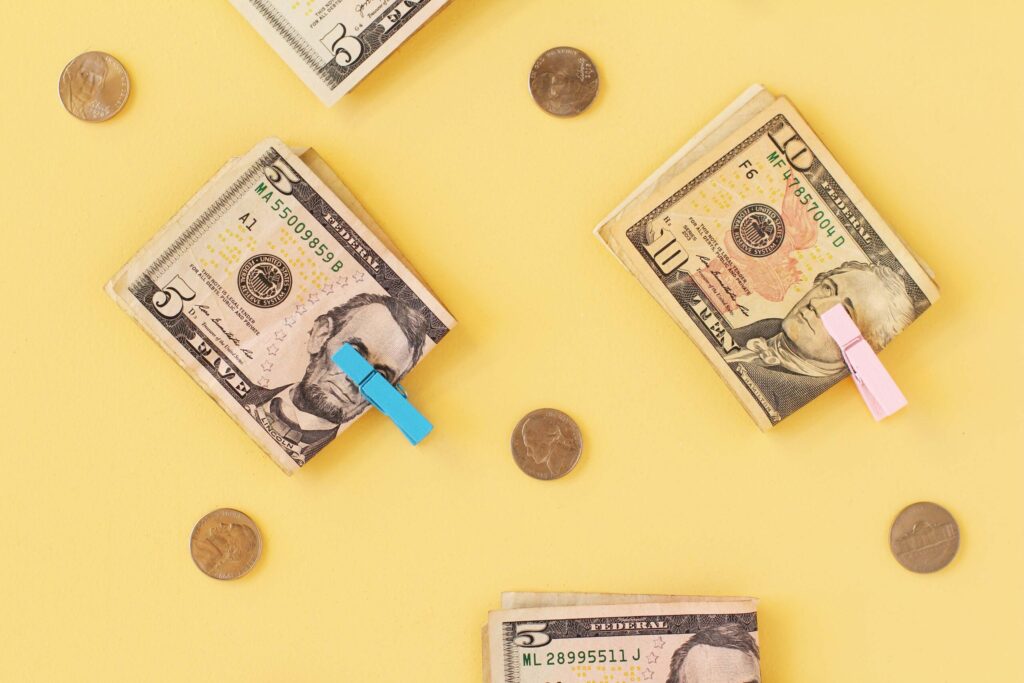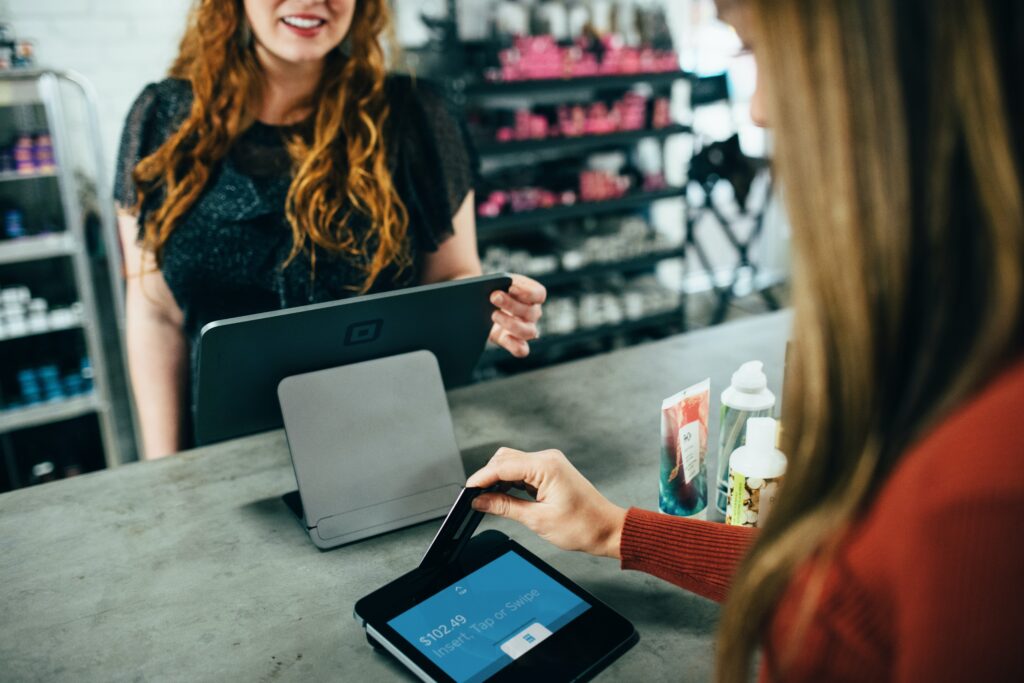
Many people have been wondering about the future of cash. For a long time, cash has been the way to pay for things. It’s always been easy and convenient to have money in your wallet that you can just spend wherever you go. But now, with so many new technologies being developed every day. Is it possible that we will go into a cashless world soon? In this blog post, I’ll talk about what’s happening with cash today and the future of cash.
Pros of using cash
Cash payment has the advantage of immediate settlement. This means that once you receive it, you will comfortably release the goods. You can easily move with it. As they say, cash is king. Due to its long history of use, it is widely accepted as a means of payment and store of value. American dollars are used all over the world for personal and business transactions.
Cons of using cash
Printing cash is expensive. The cost of printing a one-dollar bill is not 100 times that of printing a 100-dollar bill. Yet, all denominations must be in circulation. When you lose the cash, you are cooked. Securing cash is expensive whether you are a bank, store, or casino. The nature of cash has made it the easiest form to use for illicit activities like corruption to avoid traceability. This does not condemn cash as a bad currency. In fact, most cash transactions are legit. Secondly, there are many unbanked populations that can only use cash.
Cash Alternatives
We have seen the development of many cash alternatives whose use has been on the rise. These alternatives and others will continue determining the future of cash.
Credit Cards and Debit Cards
The use of these cards has been increasing with time. Millions of merchants all over the world accept cards as a way of payment. Talk about paying for your air ticket or that holiday package to Africa, a card is all you need.
Bank Transfers
SWIFT transfers support millions of bank-to-bank transfers every day. They support commercial and personal payments, international as well as domestic. Today, you can send international transfers and the beneficiary will receive the money on the same day. Using Real-Time-Gross-Settlement (RTGS) domestic payment settlement is complete in less than one hour. Bank transfers sometimes referred to as SWIFT transfers support most large commercial transactions. Read here more about SWIFT
Checks
These are the oldest alternatives to cash usage. The checks clearing system has seen the development of a system where banks do not exchange physical items anymore. Instead, they exchange digital checks, thereby reducing the clearing period.
Now let’s look at how technology is playing out;
Changes in technology
Technology is changing how we pay for goods and services. For example, cashless transactions have made their way into most societies around the world. The reason is easy. It’s easy to see why – they’re convenient! You don’t need to carry any money with you.
Another way that technology is changing how we pay for things is through contactless payment systems like Apple Pay on iPhones or Android Pay on Google Phones. They allow you to leave your wallet at home since all the information is stored in a digital payment card that can be linked with them. This means it’s also more secure than carrying cash around because if someone steals your phone they won’t get any money out of it.
It is also happening in the developing world as we speak. Take Kenya for example. Mpesa has transformed the country’s economy by allowing citizens to transfer money via text message. Although it started with many cash outlets, many transactions are now cash-less. People transact among themselves and with companies for business without seeking cash.
It’s not just in Kenya, either. A UK Finance report of 2020 ”Debit cards remained the most frequently used payment method in the UK being used for over four in ten payments. In 2019 payment volumes increased by 12% reaching 17.0 billion. The overwhelming majority of the population (98%) now holds a debit card and many people use them to make day-to-day payments”
Another area where cashless payments have become popular is transport, with more than 100 countries around the world adopting it for use on public transport systems. According to a 2016 study by Juniper Research, this was expected to increase even further in 2017 when an estimated 850 million people would be using them worldwide! Cashless payments in transport reduce the inconvenience of looking for change.
Check here for some advantages of digital payments
-no need to carry cash around, you can use your phone instead
-more secure in case of theft/loss
-only have one card linked to a digital wallet, rather than multiple cards taking up space in your physical wallet
-can set up daily/weekly spending limits, so you don’t overspend
-paying for things is faster and easier, especially when in a queue or rush
-Governments are trying to work out how best to legislate cashless payment infrastructure. The result will be so that citizens can start using digital currencies. For example, Sweden has already moved towards a society where there isn’t any cash at all and no one is allowed to pay with cash. In the US, Covid -19 pandemic has seen the use of cash drop. These trends were seen in many more countries.
It goes without saying that corruption and illegal drug traders prosper through cash transactions. As the world unites to fight these vises, the advantages of cashless transactions are becoming more evident. This has prompted governments to take action in legislating these systems. While there are many benefits to cashless transactions, there are also dangers of lack of privacy and tracking money. We also have significant numbers of unbanked people that cannot use the cashless system.
Central Bank Digital Currencies
The popularity of Bitcoins and Cryptocurrencies has increased the focus on the current financial system. Looking at the year-on-year performance of these currencies leads to the realization that adoption is increasing, albeit at a slow pace.
There are certainly pros and cons of these currencies. One of the pros is the ability to send currencies within minutes. Central Banks in many countries have been studying the market and some countries have decided to develop Central Bank Digital Currencies (CBDC). CBDCs are digital currencies that represent the existing Fiat currencies and will eventually replace cash. You can transfer CBDC from a bank account to an individual’s account in another bank.
China seems to be a front-runner in this space. They are testing are already currently eYuan and will roll out once the trial proves the project good for launch. The future cash in 2022 and beyond is likely to continue heading into irrelevance.
I honestly think cash in its current form will increasingly become undesirable. People will expect to enjoy the benefits of cash and more. This will only be possible if we can find a way to move cash into the digital age. Governments will continue updating Privacy laws that address both concerns of private citizens and National security objectives.
What are your thoughts on the future of cash beyond 2022? Do you think it will become obsolete in time, or do you think there will always be a need for paper money and metal coins?



